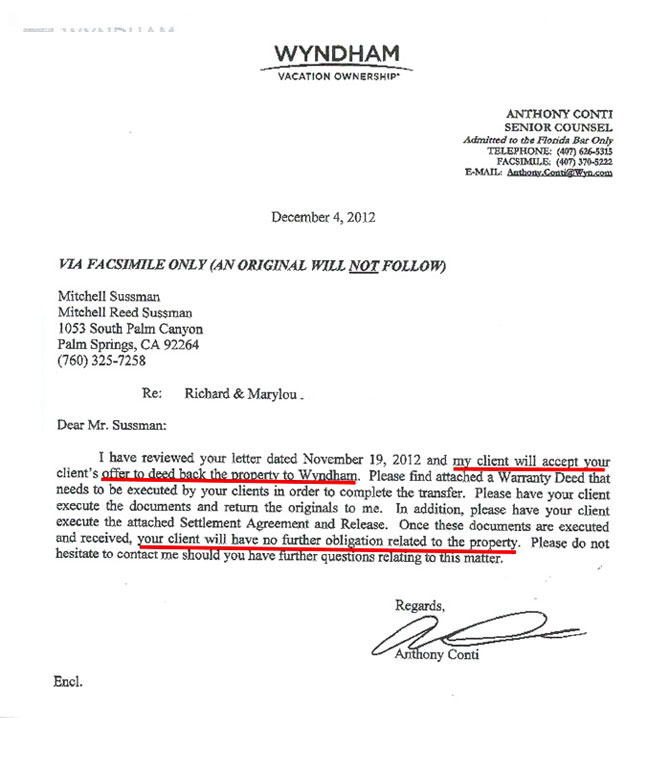Each buyer usually purchases a specific time period in a specific unit. Timeshares usually divide the home into one- to two-week durations. If a purchaser desires a longer time duration, buying several consecutive timeshares may be a choice (if readily available). Traditional timeshare residential or commercial properties usually sell a set week (or weeks) in a property.
Some timeshares provide "flexible" or "drifting" weeks. This plan is less stiff, and allows a buyer to pick a week or weeks without a set date, but within a specific time duration (or season). The owner is then entitled to schedule his/her week each year at any time throughout that time period (subject to availability).
Considering that the high season might extend from December through March, this provides the owner a little vacation versatility. What sort of home interest you'll own if you purchase a timeshare depends upon the kind of timeshare acquired. Timeshares are generally structured either as shared deeded ownership or shared rented ownership.
The owner receives a deed for his/her percentage of the unit, defining when the owner can utilize the home. This means that with deeded ownership, lots of deeds are provided for each property. For instance, a condo system sold in one-week timeshare increments will have 52 total deeds when completely offered, one provided to each partial owner.
Each lease arrangement entitles the owner to use a particular property each year for a set week, or a "floating" week throughout a set of dates. If you purchase a leased ownership timeshare, your interest in the residential or commercial property normally ends after a certain term of years, or at the most recent, upon your death.
This means as an owner, you might be restricted from selling or otherwise moving your timeshare to another. Due to these factors, a rented ownership interest may be acquired for a lower purchase price than a comparable deeded timeshare. With either a leased or deeded type of timeshare structure, the owner buys the right to use one specific residential or commercial property.
To offer greater flexibility, numerous resort developments take part in exchange programs. Exchange programs allow timeshare owners to trade time in their own home for time in another taking part residential or commercial property. how to sell bluegreen timeshare. For example, the owner of a week in January at a condominium system in a beach resort might trade the property for a week in a condominium at a ski resort this year, and for a week in a New York City lodging the next.
About How To Get A Free Timeshare Vacation
Normally, owners are restricted to selecting another property classified comparable to their own. Plus, extra charges are common, and popular properties might be difficult to get. Although owning a timeshare ways you won't need to throw your money at rental accommodations each year, timeshares are by no methods expense-free. Initially, you will require a portion of cash for the purchase cost.
Given that timeshares rarely keep their value, they won't receive funding at many banks. If you do discover a bank that accepts finance the timeshare purchase, the interest rate makes certain to be high. Alternative funding through the designer is generally offered, but again, just at steep interest rates.
And these charges are due whether or not the owner uses the home. Even worse, these costs frequently intensify continually; often well beyond an economical level. You may recoup some of the expenditures by renting your timeshare out during a year you do not use it (if the rules governing your particular residential or commercial property permit it) - how to sell a timeshare on ebay.
Acquiring a timeshare as an investment is hardly ever a great idea. Because there are a lot of timeshares in the market, they hardly ever have great resale capacity. Instead of valuing, most timeshare depreciate in value as soon as acquired. Many can be tough to resell at all. Rather, you must think about the worth in a timeshare as a financial investment in future vacations.
If you vacation at the same resort each year for the same one- to two-week duration, a timeshare may be a great way to own a property you like, without incurring the high costs of owning your own house. (For details on the costs of resort home ownership see Budgeting to Buy a Resort Home? Expenditures Not to Neglect.) Timeshares can also bring the convenience of knowing just what you'll get each year, without the trouble of reserving and renting lodgings, and without the fear that your preferred place to remain won't be available.
Some even offer on-site storage, allowing you to conveniently stash devices such as your surf board or snowboard, avoiding the trouble and cost of carting them back and forth. And even if you might not utilize the timeshare every year does not imply you can't enjoy owning it. Numerous owners take pleasure in occasionally lending out their weeks to pals or relatives.
If you don't desire to holiday at the same time each year, versatile or floating dates offer a great alternative. And if you 'd like to branch out and check out, think about utilizing the home's exchange program (make certain a great exchange program is provided prior to you buy). Timeshares are not the finest service for everyone.
Things about How To Get Timeshare

Likewise, timeshares are normally unavailable (or, if offered, unaffordable) for more than a couple of weeks at a time, so if you typically vacation financial group for a two months in Arizona throughout the winter season, and invest another month in Hawaii throughout the spring, a timeshare is most likely not the very best alternative. Furthermore, if conserving or making money is your top issue, the absence of investment potential and continuous expenditures involved with a timeshare (both gone over in more detail above) are certain disadvantages.
Does the expression "timeshare" ring a bell, but you don't understand what a timeshare is? Or possibly you have a vague concept of what a timeshare is but desire some more extensive information on how a timeshare works. In easy terms, a timeshare is a resort unit that permits owners to have an increment of time in which they can use for holidays every year.
This ownership Click for info is typically in weekly increments. The majority of timeshares today are with large corporations like Wyndham, Marriott and even Disney. These hospitality brand names use a travel club style of subscription for owners, offering versatility and customization for getaways. According to the American Resort Advancement Association, "timesharing" is defined as shared ownership of a holiday property, which may or may not consist of an interest in genuine home.

These increments are typically one week however differ by designer and resort. Generally, you are sharing an unit with others, but "own" a designated week. There are a few influential people that offer timeshare a bad rep, but pleased owners and data gathered by ARDA's AIF Foundation disprove viewpoint. In truth, the AIF State of the Holiday not paying timeshare maintenance fees Timeshare Industry Exposes Development - how to get rid of a timeshare that is paid off.
If you're a timeshare owner or aiming to Buy Timeshare, you must end up being knowledgeable about your trip ownership brand name, due to the fact that every one works in a different way. The most normal (and now outdated!) method a timeshare works is owning a specific week at the exact same time every year, in the very same resort. Typically, households can take a trip to their timeshare resort throughout their "fixed week." Nevertheless, there are a lot more choices to timeshare than ever.